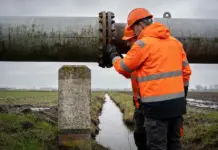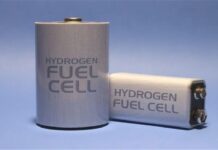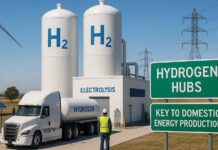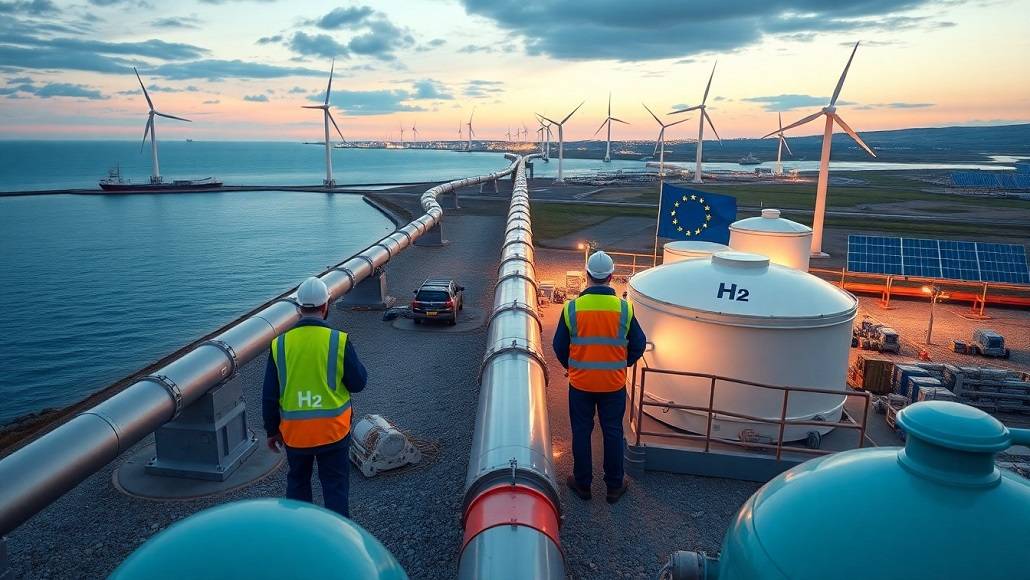The project promoters of the Nordic Baltic Hydrogen Corridor (NBHC) Finland’s Gasgrid, Estonia’s Elering, Latvia’s Conexus Baltic Grid, Lithuania’s Amber Grid, Poland’s GAZ-SYSTEM, Germany’s ONTRAS, and the European Climate, Infrastructure and Environment Executive Agency (CINEA) signed a grant agreement for the European Union (EU) financial support to the NBHC.Â
The grant agreement was signed on 1st July 2025 by the nations working on the development of the Nordic-Baltic Hydrogen Corridor project and the European Climate, Infrastructure and Environment Executive Agency (CINEA).
The partnership is an expression of their mutual commitment to establishing a sustainable and resilient energy future in the region of the Baltic Sea. The Corridor will help foster the growth of clean hydrogen markets and integrate them into Europe’s future energy system.
The maximum grant amount of €6.8 million will support the NBHC feasibility phase. Co-financing from the Connecting Europe Facility (CEF) for cross-border energy infrastructure projects under the Trans-European Networks for Energy (TEN-E) will enable NBHC project partners to carry out intensive feasibility studies considering the technical, economic, regulatory, and environmental factors involved in constructing a network of large-scale hydrogen pipelines in the Baltic Sea region.
“The Nordic Baltic Hydrogen Corridor project is an embodiment in cross-border collaboration for Europe’s clean energy transition. The CEF support is an important milestone that not only enables us to move forward, but also amplifies what we can achieve together. With our partners, we are laying the foundation for a future-proof hydrogen infrastructure and market that strengthens energy security, accelerates decarbonisation and creates the foundation for value added investements in each of the connected countries.” commented Sara Kärki, Gasgrid SVP, Hydrogen development.
The NBHC is a major milestone in constructing the first steps of hydrogen interconnected infrastructure between hydrogen production and consumption across the region. By supporting renewable hydrogen transmission, the corridor will increase energy security, and speed up Europe’s move towards a decarbonised economy.
The feasibility study phase is expected to be completed in the 1st quarter of 2027 and it will provide the foundation for future project development phases. NBHC commissioning is expected at the beginning of 2030.Â
As the feasibility phase gets underway, stakeholders from both the public and private sectors will be called upon to contribute to the process and guarantee that the project meets local requirements, environmental standards, and long-term strategic objectives.































